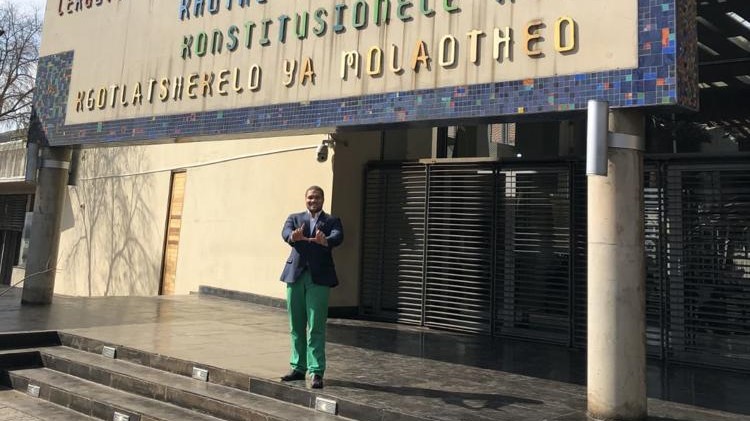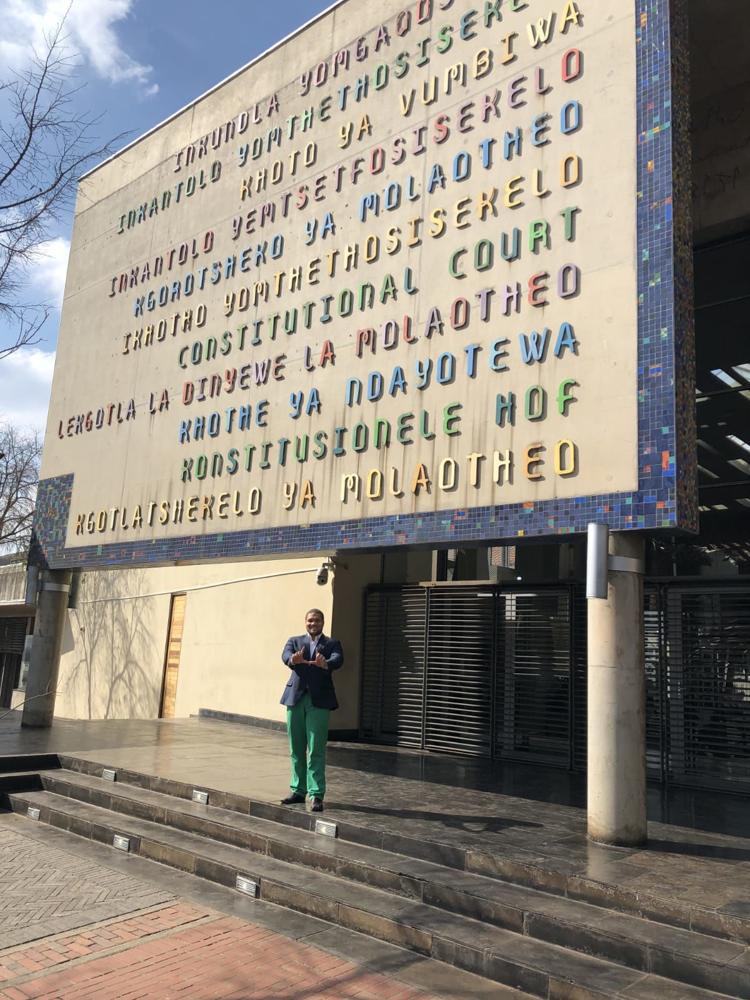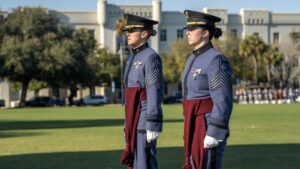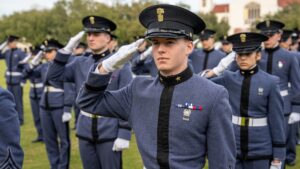
As seen in The Post and Courier, by Mikaela Porter
Citadel alumnus and Dorchester native Mozar Ross embarked on a nine-month clerkship at South Africa’s highest court — Constitutional Court of South Africa — in August, and has already argued a few international law cases before mediators there.
As a history major and a Spanish speaker, Ross said in a phone interview from Johannesburg, he wasn’t sure what career to pursue after college. But it was Citadel history professor Kyle Sinisi who encouraged him to think about going to law school.
“I was trying to decide on a path. I knew I didn’t want to be a history professor and my grades were good so I looked into it and it seemed to really fit me,” Ross said. “I enjoy the adversarial nature of law. I merged my passion for law with travel and launched my career into international law.”
Sinisi was Ross’ faculty adviser and remembers him as an inquisitive student — “much moreso than most of the cadets” — and very dialed in to his studies.
“He was always taking the initiative in terms of the types of courses he wanted to take and might fit into the bigger picture of intellectual pursuit,” Sinisi said. “He was bright, inquisitive and always thinking ahead. He wasn’t going to let life happen to him.”
The youngest of four boys, Ross said he’s the only lawyer in the family. He said he is originally from Dorchester but spent some time living in Summerville.
Ross, 32, graduated from the Citadel in 2010 and played on the football team. He went on to attend the Howard University School of Law in Washington, D.C., and worked for an international trade firm there. He said the work wasn’t for him and decided to go back to school. He earned his Master of Laws in International Arbitration at the University of Miami School of Law.
He decided to focus on international law because it blended history, geography and language.
“International law is a broad area of law,” Ross said. “It’s managing relationships between states and countries, treaties.”
International law oversees trade, buying and selling for products like oil, gas and pharmaceuticals but also for big construction agreements.
Different than courts in the United States, international law includes a third neutral party and is similar to mediation approaches than arguing before a judge and jury, Ross said. He described it as a hybrid of common and civil law.
“I just had one case that was the equivalent of challenging the Electoral College,” Ross said. “Here, voters pick a party during elections and the party selects the candidate. The problem is if you don’t want to run for a party.”
The court is currently drafting an opinion.


 Prestigious Cincinnati and MacArthur awards presented to Citadel cadets
Prestigious Cincinnati and MacArthur awards presented to Citadel cadets Looking ahead to the major events of 2026-27
Looking ahead to the major events of 2026-27 Photos from campus: January in review
Photos from campus: January in review


